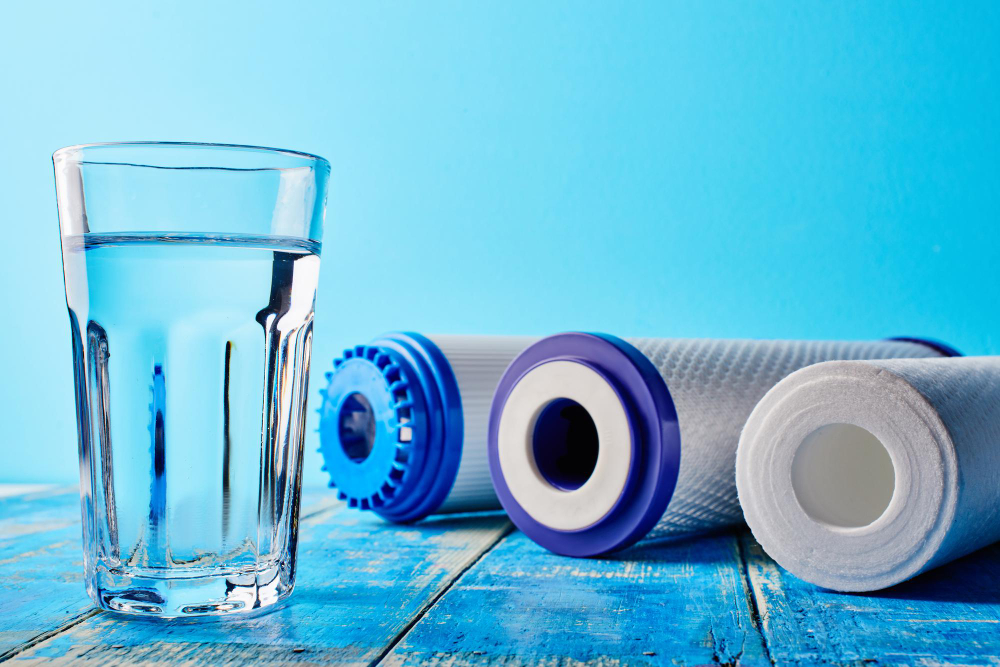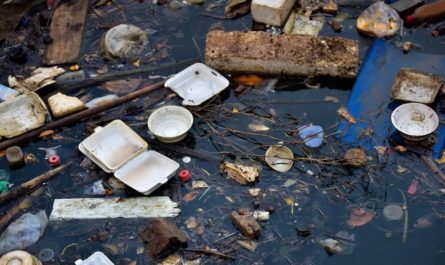Introduction: The Importance of Clean Water
Water is the lifeblood of the Earth. We need it for drinking, cooking, cleaning – the list goes on. But do you know what’s in your tap water? Various contaminants, such as lead, chlorine, and bacteria, can lurk in your water supply, putting your health at risk.
Why Home Water Filters?
This is where home water filters come into the picture. Not only do they provide cleaner, safer water, but they can also save you money in the long run. Let’s delve into this a bit deeper.
Benefits of Home Water Filters
First and foremost, water filters significantly improve the taste and odor of your water by removing chlorine and bacterial contaminants. Furthermore, they can reduce the risk of gastrointestinal diseases by up to 33% by removing cryptosporidium and giardia from your water. Sounds impressive, right?
Choosing the Right Filter
Yet, all filters are not created equal. With the myriad of choices available, it can be a daunting task to find the right one for your home. Worry not! In this article, we will examine various types of home water filters and discuss their pros and cons.
The Different Types of Home Water Filters
There are several types of home water filters, each with its unique features and functions.
Pitcher Water Filters
These are probably the most popular type of water filters. They’re inexpensive, portable, and easy to use. But, they are limited in the types and quantities of contaminants they can remove.
Faucet-Attached Water Filters
Next up, we have faucet-attached filters. As the name suggests, these devices connect directly to your faucet. They’re a bit more expensive than pitchers but can filter more contaminants.
Under-Sink Water Filters
Under-sink filters, installed beneath your kitchen sink, are a step-up in terms of water quality. They can filter larger quantities of water and are more effective at removing contaminants. However, they require professional installation and can be quite pricey.
Whole-House Water Filters
These filters purify all the water that enters your home. Although the most expensive, they ensure that every tap in your house dispenses filtered water.
Reverse Osmosis Filters
The last on our list, reverse osmosis filters are considered the most effective. They can remove up to 99% of all contaminants but are also the most expensive and require professional installation.
Comparative Analysis: Pros and Cons
Each type of filter comes with its pros and cons.
Cost
While pitcher and faucet-attached filters are the cheapest, whole-house and reverse osmosis filters are on the pricier side.
Installation and Maintenance
Pitcher and faucet-attached filters require no professional installation and are easy to maintain. However, under-sink, whole-house, and reverse osmosis filters need professional installation and periodic maintenance.
Effectiveness
In terms of effectiveness, reverse osmosis filters take the lead. They are followed closely by whole-house and under-sink filters, while pitcher and faucet-attached filters trail behind.
Conclusion: The Best Water Filter for Your Home
There’s no one-size-fits-all answer to the best water filter for your home. The choice depends on your specific needs, budget, and water quality. However, considering the importance of clean water, investing in a good water filter is a choice you’re unlikely to regret.
FAQs
- What is the most cost-effective water filter?
- The most cost-effective water filters are pitcher and faucet-attached filters.
- Which water filter is most effective at removing contaminants?
- Reverse osmosis filters are the most effective at removing contaminants.
- Do all water filters need professional installation?
- No, only under-sink, whole-house, and reverse osmosis filters need professional installation.
- Can water filters improve the taste of my water?
- Yes, water filters can significantly improve the taste of your water by removing chlorine and other contaminants.
- Is it worth investing in a water filter for my home?
- Yes, considering the potential health risks of contaminated water, it is worth investing in a water filter for your home.



